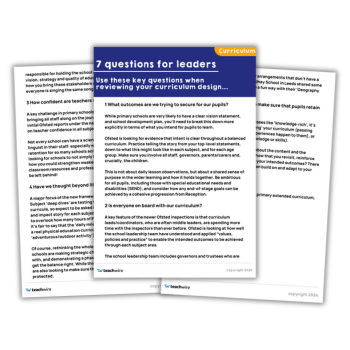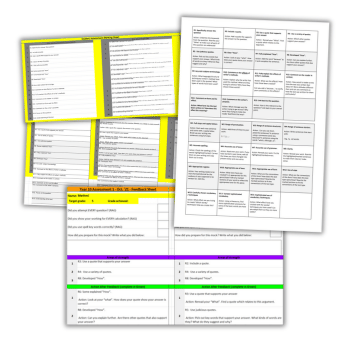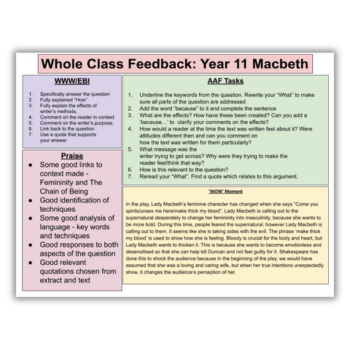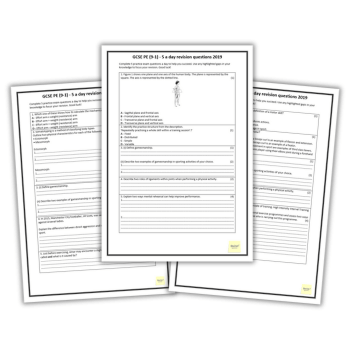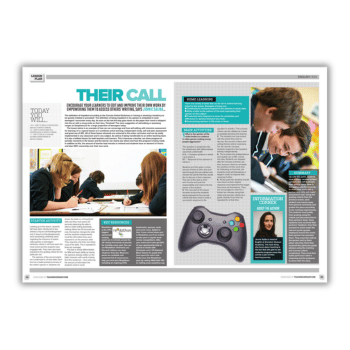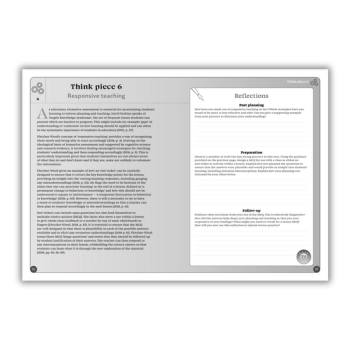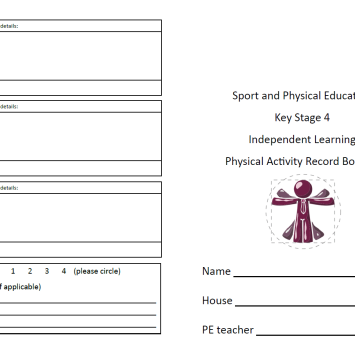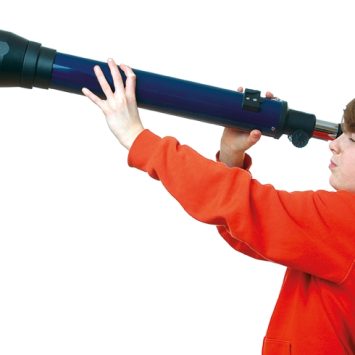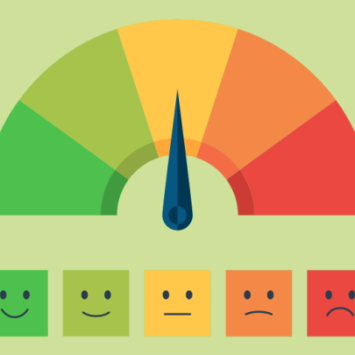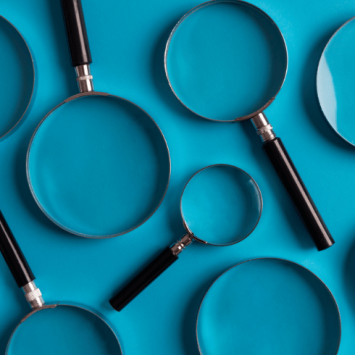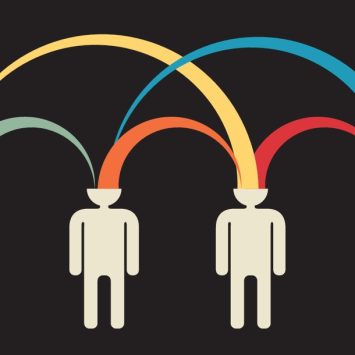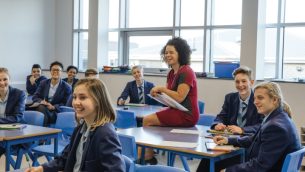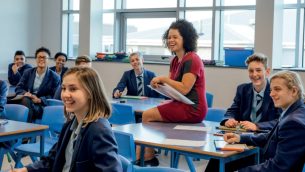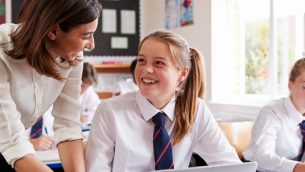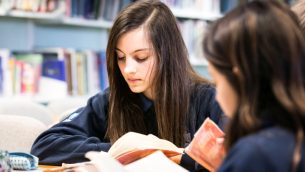Secondary Assessment
Whether you want to learn more about peer assessment in secondary schools, formative and summative assessment or new schools assessment resources that other teachers find useful, we’ve got the expertise to help. Find out the latest news and views when it comes to assessment in UK schools and school exams right here.
Explore Secondary Assessment
Free Secondary Assessment Resources
Secondary Assessment CPD Downloads
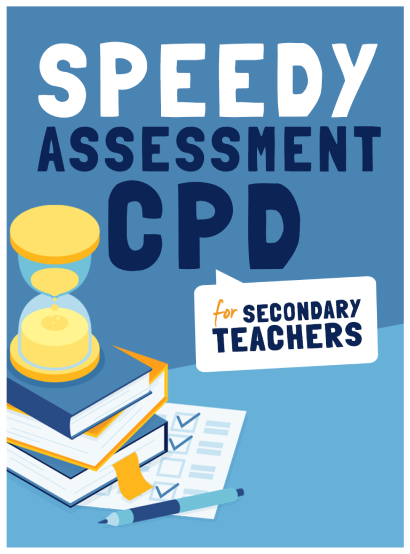
Education experts David Didau, Daisy Christodoulou and Emma McCrea are here to help you improve your assessment methods
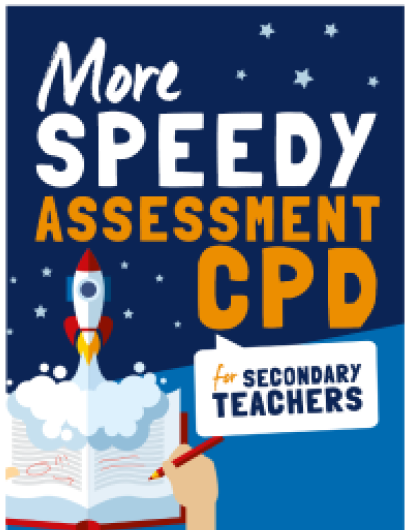
Learn how to make the most of quizzes, questions and success criteria in this free assessment CPD package
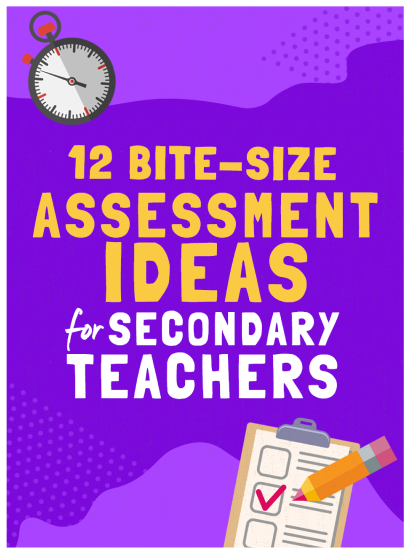
Expand your secondary assessment knowledge in just ten minutes with these 12 bite-sized thinking points from assessment exper... more
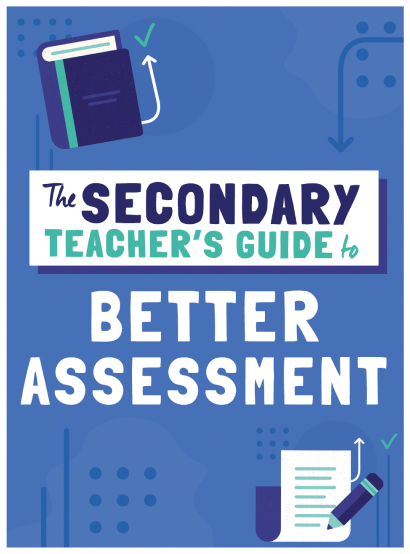
Get your eight-part guide to better secondary assessment, looking at everything from questioning techniques to comparative ju... more




